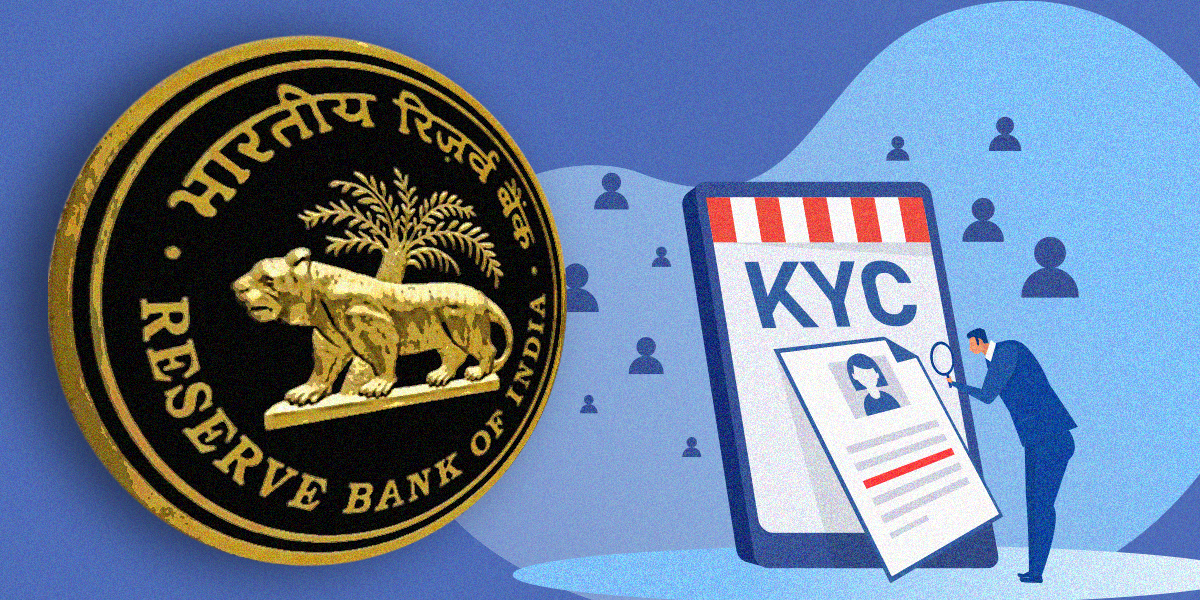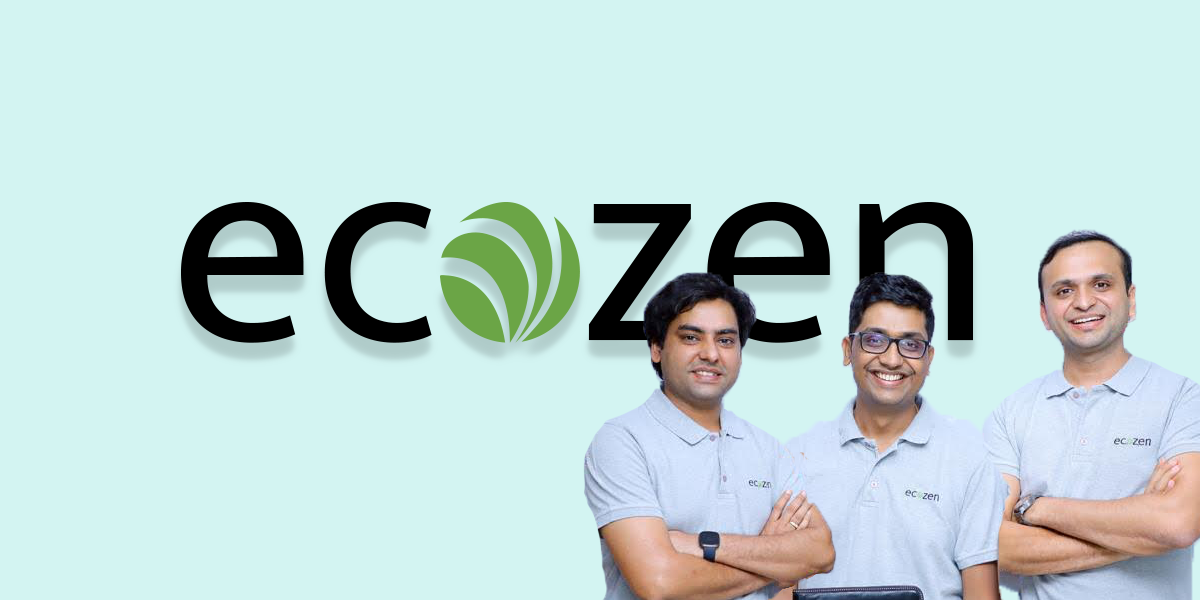At a time when the sale of non-essential products has come to a grinding halt, social commerce platform WMall has decided to make the best of the situation and turn to content to keep its users engaged. Last week the Bengaluru-based firm launched content channels on health, pregnancy, religion with plans to add more on coronavirus news some time this week.
“When we started WMall, our customer acquisition strategy used to be commerce first but in the current scenario with limited operations, it has become content-first for customer acquisition,” said Harmin Shah, co-founder of WMall. “If some part of it works out well, then we can continue and build on it for the longer run as well.”
The ongoing Covid-19 pandemic has forced startup founders to get creative and adapt as they look to keep their businesses afloat and employees productive.
While one end of the spectrum is where startups are forced to cut costs and extend their company’s runway, there’s another end for the fortunate ones that have enough cash in the bank and are looking for ways to adapt and diversify to stay relevant to their users.
WMall, which raised $9 million in November from SAIF and Chiratae, claims to have a runway for over two years, allowing them to experiment with content creation while also working on beefing up their catalogue during this down time.
Noida-based FabAlley, which is known for its fast fashion brands for women with a strong online and offline presence has seen its business take a major hit due to the lockdown. While offline was a big focus for the company, online has become a priority in the short term.
“We are giving different kinds of promotions and offers online to keep the customers engaged,” said Shivani Poddar, co-founder of FabAlley. “We are also pushing the right products because we haven’t seen a major decline in customer visits.”
However, for the consumer sentiment to bounce back entirely, Poddar expects a minimum of three months. And this is the time they need to make new designs and come up with the next set of collections for their customers.
“During this lockdown, when no other activity is possible, we are focused on creating designs. Once the lockdown lifts, we will begin production.”
Apart from this, there are companies like social commerce firm Meesho and payments startup BharatPe — which recently forayed into online grocery — to create a new avenue for user engagement and revenue.
Meesho has taken a hit on its daily orders but the Naspers-backed startup decided to make the best of the situation for its resellers by launching the grocery offering. Similarly, BharatPe, which is essentially a QR-based offline payment option leveraged its network of kirana stores to let users order groceries online.
Many other companies including BookMyShow, Nykaa and Myntra — all of which have witnessed plummeting sales — have turned to content as a way to keep users engaged, according to an ET report.
Investors in the space believe that this is a time that has made founders realize — despite the size of the company and its investors — that they have to learn to do “more with less.”
Infact, a group of top VC firms including the likes of Sequoia, Lightspeed and Accel — recently wrote an open letter cautioning startups to be prepared for a runway of 12-18 months. It also highlighted that many investors will now focus on reasonable growth with a path to profitability and that founders should alter their business plans accordingly.
“This unexpected pause (due to Covid-19) has given founders a chance to think long-term — rethinking models and developing features accordingly,” said Anup Jain, a managing partner at Orios Venture Partners. “There are some founders who are also looking at flexible work from home options for their employees in the long run without lettin it impact productivity — which they have seen is possible now.”














